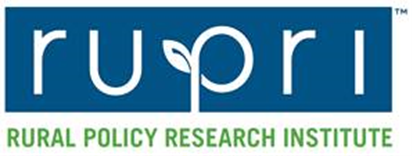Abstract
Rural pharmacists have been identified as potential partners, along with health care providers, schools, and public health agencies, in administering and promoting the human papillomavirus (HPV) vaccine. We sought to understand the role of pharmacists in this work. We interviewed 11 pharmacists working at independently owned pharmacies in Iowa to explore their perspectives on HPV vaccine administration and promotion. Most pharmacists agreed that HPV vaccination was within their professional scope. They identified factors that facilitate vaccine administration (eg, accessibility of pharmacies). They also reported personal barriers (eg, lack of information, concerns about safety) and organizational barriers (eg, time and staff capacity). Future work should focus on alleviating barriers and building on strengths to improve vaccination rates and ultimately prevent HPV-related cancers.

